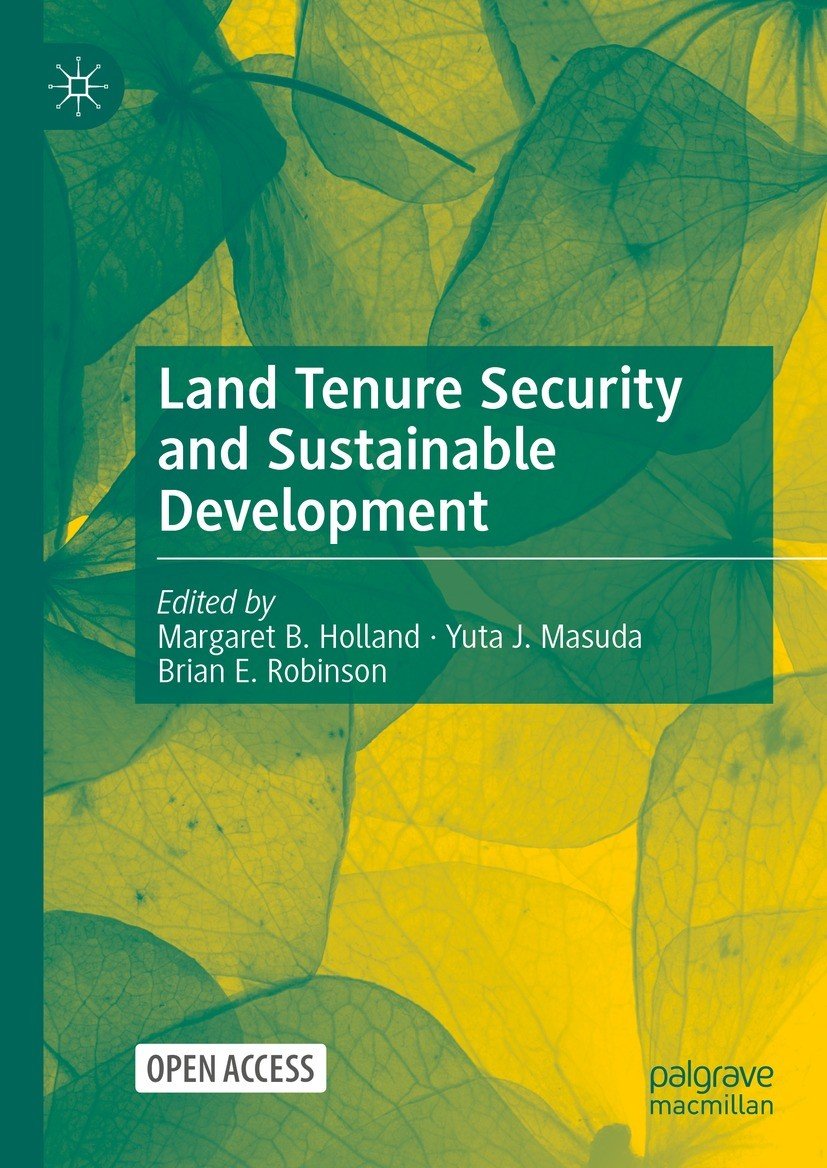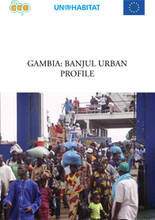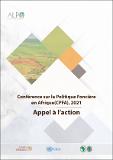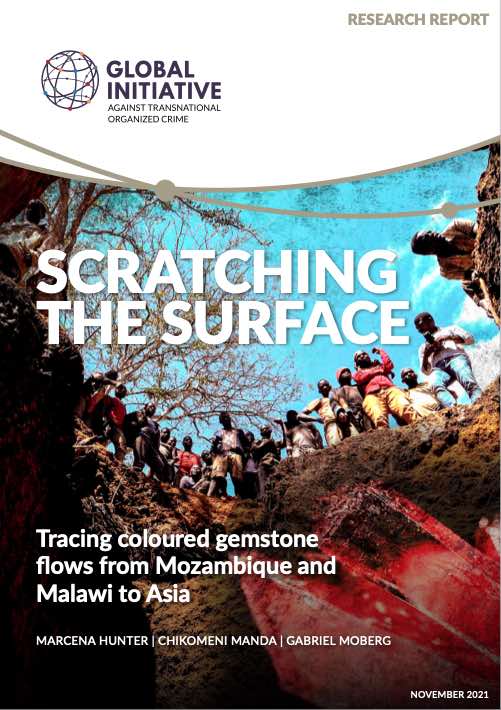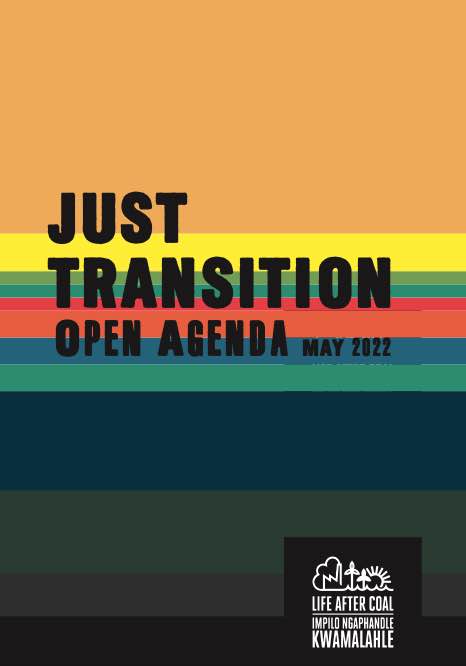Land Tenure Security and Sustainable Development
Land tenure security has come to the forefront of the sustainable development agenda in recent years. In part this is due to its foundational and fundamental nature. Ways to manage and allocate rights over resources, and our relationships to it, are some of the first ‘commons’ issues fledgling societies face. The ripple effects of land tenure security are now widely recognized as having implications for not just the way natural resources are managed, but also for household income and investment, well-being, and health. (excerpt from Forward).
The 2020-21 Gambia SDGs Survey
The decision to conduct a Sustainable Development Goals(SDGs) survey was reachedafter thecompletion of the2020 Voluntary National Review (VNR) for The Gambia.It was realized thatthecountry was able to reporton only 52%of SDG indicators. The Gambia Bureau of Statistics(GBoS)in collaboration with the Directorate of Development Planning (DDP) of the Ministry ofFinance and Economic Affairs (MoFEA) with financial support from the United NationsDevelopment Programme (UNDP) Country Officedecided to take on this task of updatingthestatus of the indicators.
image Gambia: Banjul Urban Profile
The Banjul Urban Profiling consists of an accelerated, action-oriented assessment of urban conditions, focusing on priority needs, capacity gaps, and existing institutional responses at local and national levels. The purpose of the study is to develop urban poverty reduction policies at local, national, and regional levels, through an assessment of needs and response mechanisms, and as a contribution to the wider-ranging implementation of the Millennium Development Goals.
Support to Responsible Agricultural Investments Project in Ethiopia
The Support to Responsible Agricultural Investments project (S2RAI) promotes internationally recognised principles and guidelines such as the Voluntary Guidelines on the Responsible Governance of Tenure of Land, Fisheries and Forests (VGGT), and Responsible Agricultural Investment (RAI) to ensure food security and secure land tenure rights for communities in the context of large-scale commercial land investment as well as strengthen the institutional frameworks and coordination structures at federal and regional levels in relations to responsible agricultural investment in Ethiopia.
Fiche pays Guinée Conakry
La République de Guinée est un pays de taille moyenne, de 245 857 km². Sa population est estimée
en 2008 à 10,1 millions d’habitants, avec un taux de croissance démographique de 2,16 % et une densité de 41 hab./km² ; cette population est largement urbaine, 37 %, principalement concentrée dans lacapitale, Conakry1.
Économiquement, le pays est potentiellement riche avec des ressources minières considérables et diversifiées (bauxite, or, diamants, fer), avec un potentiel forestier, avec la possibilité de produire de
Respecting the human rights of communities: a legal risk primer for commercial wind and solar project deployment
This legal risk primer provides the general counsels and corporate legal teams of commercial wind and solar companies with an overview of the key legal risks that may arise from the above community-related human rights impacts. It is a companion to CCSI's business guide on the same topic.
Decision 3/COP.12
Integration of the Sustainable Development Goals and targets into the implementation of the United Nations Convention to Combat Desertification and the Intergovernmental Working Group report on land degradation neutrality
Conférence sur la politique foncière en Afrique (CPFA), 2021- Appel à l’action
Le Centre africain pour les politiques foncières, qui procède d’une initiative conjointe de la Commission de l’Union africaine (CUA), de la Commission économique pour l’Afrique (CEA) et de la Banque africaine de développement (BAD), organise tous les deux ans la seule conférence africaine multipartite sur les politiques foncières en Afrique. La conférence vient compléter d’autres initiatives en place telles que la Conférence annuelle de la Banque mondiale sur la terre et la pauvreté, notamment.
La Carta de la Tierra y el Modelo de Gestión Ambiental Urbana 2016. Orientando el camino hacia la ciudad sostenible.
Las Naciones Unidas, en su agenda 2015-2030 –concretamente en el obje- tivo de desarrollo sostenible n° 11: ciudades y comunidades sostenibles–, se propone la consecución de ciudades y asentamientos humanos inclusivos, seguros, resilientes y sostenibles, si se asume, como expresa la misma or- ganización, que la mitad de la población mundial vive en ciudades, lo cual es crucial para el desarrollo sostenible. Si bien el objetivo es claro, el reto es encontrar la forma de conquistarlo.
Scratching the surface: Tracing coloured gemstone flows from Mozambique and Malawi to Asia
This paper provides an overview of the supply chains and flows that run from the mines of northern Mozambique and Malawi, to the international trade hubs of Sri Lanka and Thailand. Analysis of the political and economic environment in which mining and trading take place gives a contextual understanding of gemstone flows both within and out of the region as well as the various actors involved.
***
Just Transition Open Agenda May 2022
From 24 to 26 November 2020, the three organisations comprising the Life After Coal campaign, Earthlife Africa (Johannesburg), the Centre for Environmental Rights and ground Work, met virtually to develop a shared Open Agenda on the Just Transition. We used the Open Agenda for a Just Transition - developed at the National Coal Exchange in Middelburg, Mpumalanga, in July 2019 - as a starting point.


